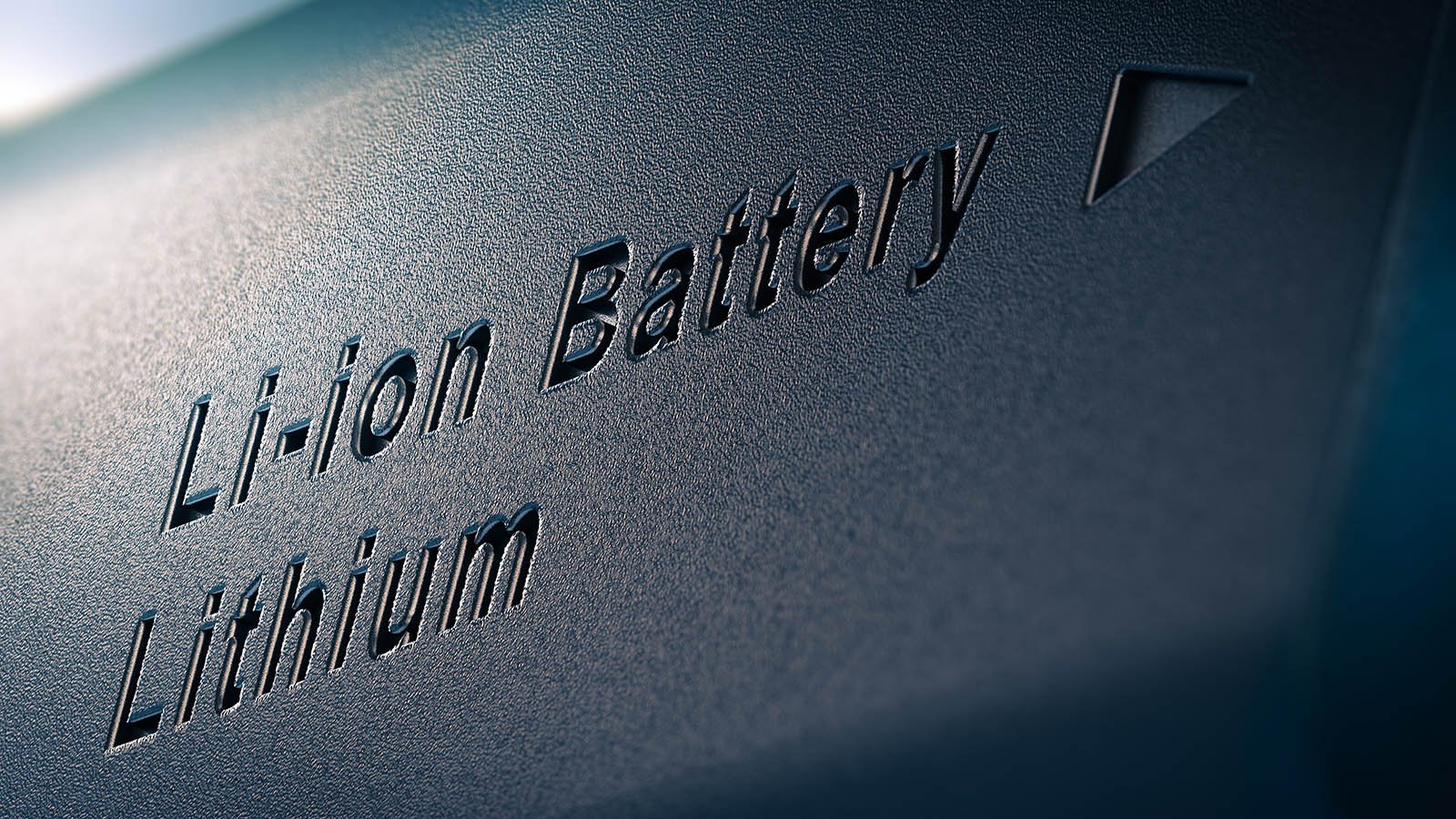3 Minutes Read (Reuters) – The US government terminated its criminal case against four former Wilmington Trust Co executives on Tuesday, accusing them of concealing bad loans from regulators following the 2008 financial crisis, culminating to the company’s fire-sale sale. After a federal appeals court overturned the May 2018 jury convictions of Wilmington’s former President Robert Harra, Chief Financial Officer David Gibson, Controller Kevyn Rakowski, and Chief Credit Officer William North, U.S. Attorney David Weiss in Delaware made the decision. Weiss said in a statement that the possibility of additional convictions, as well as his office’s concentration on violent crime, opiate overdoses, and terrorism, “argue in favor of declining to retry” the defendants. Prosecutors accused the defendants of lying to the Federal Reserve and the Securities and Exchange Commission about “past due” commercial real estate loans in order to make Wilmington’s finances look better and obtain $273.9 million in a stock offering. The 3rd U.S. Circuit Court of Appeals in Philadelphia, however, unanimously decided on Jan. 12 that the reporting regulations were vague and might be interpreted in multiple ways. The defendants were acquitted of making false statements and certifications, but the court said they could face charges of conspiracy and securities fraud in the future. “My customer is overjoyed. 10 years of agony on earth, “Michael Kelly of McCarter & English, Harra’s lawyer, said in an email. “He’ll never be able to reclaim what he’s lost.” Gibson’s lawyer, Kenneth Breen of Paul Hastings, said his client was “regrettably” exonerated after a decade. Henry Klingeman of Klingeman Cerimele, Rakowski’s lawyer, stated that his client “has always been innocent and now there is no doubt.” North’s lawyer could not be reached right away. Wilmington was created in 1903 by the du Pont family. Wilmington was purchased by M&T Bank Corp of Buffalo, New York, in 2011 for 46 percent less than its market worth, reflecting loan losses. Wilmington was charged in 2016, making it the first receiver of federal bailout funds through the Troubled Asset Relief Program. In 2017, a $60 million settlement was achieved. Jonathan Stempel contributed reporting from New York, and Richard Pullin edited the piece./n
Read MoreU.S. drops financial crisis-era prosecution of four Wilmington Trust executives
2021-07-06T22:15:36-04:00July 6th, 2021|





